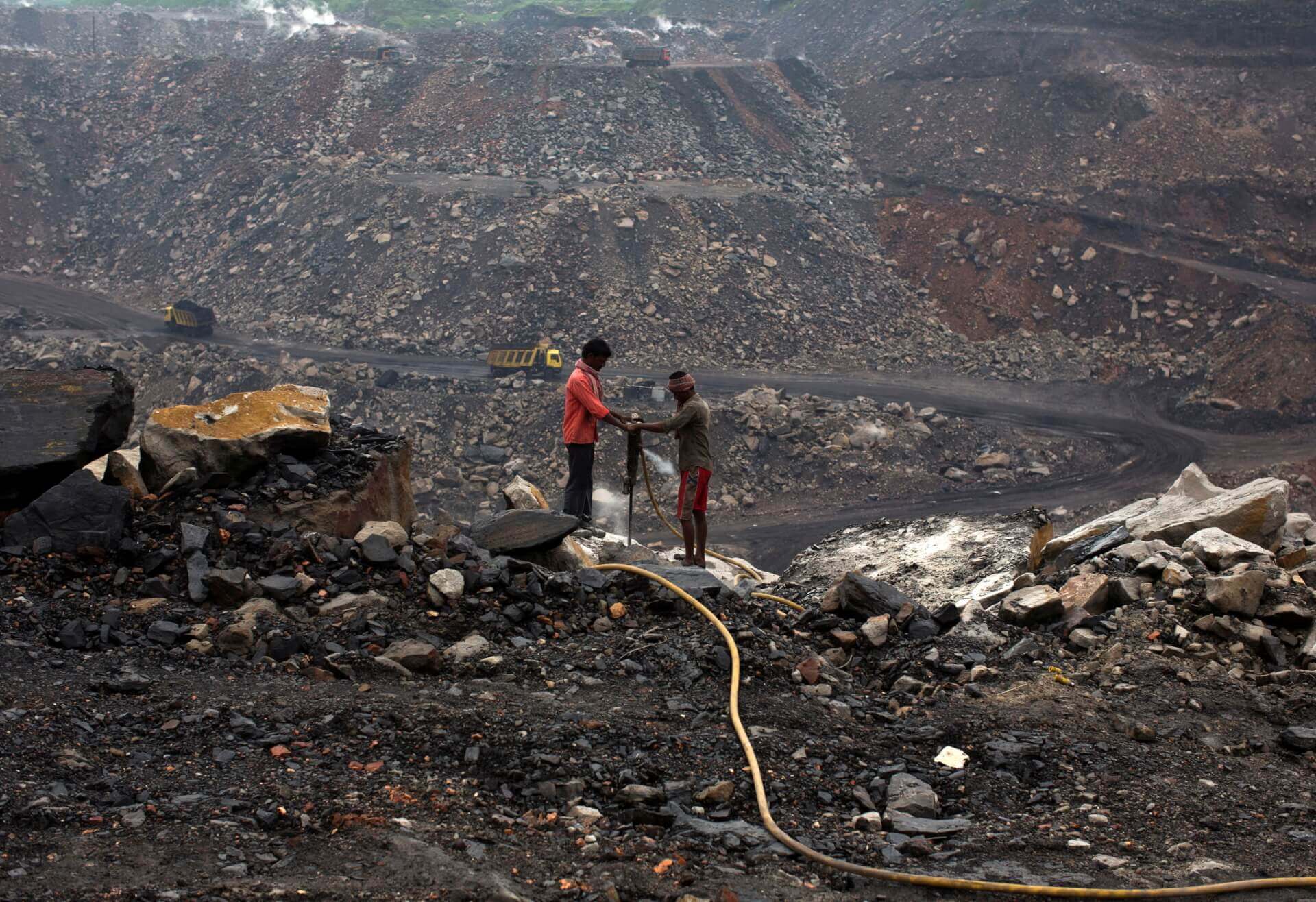The International Energy Agency (IEA) released a report raising concern about the uncertainties surrounding India’s coal industry. This comes as the shortage in the supply of coal has resulted in the threat of large-scale power shortages across the country.
The report, titled India Energy Outlook 2021, discussed how India’s energy sector has been impacted by the ongoing pandemic, highlighting how the industry saw a 15% drop in investment in 2020. At the same time, the report calls on India, the third-largest consumer of energy in the world, to shift its energy dependence to cleaner and renewable sources of energy.
Currently, India’s energy needs, which have doubled since 2000, are largely being met by coal, oil, and biomass. Moreover, the country’s import bill for coal is likely to triple in the coming two decades.
However, before India can think about transitioning to cleaner sources of energy in the long run, it must first resolve its current energy crisis, which has been spurred by its over-reliance on coal. Several states, including Punjab, Rajasthan, and Delhi, have raised alarms about prospective power outages due to shortages of coal stocks at thermal plants. Thermal plants have been reporting an average inventory of four days’ worth of coal as compared to the recommended 15-30 days.
Commentators have highlighted several issues that could have led to this shortage. For instance, there is a severe rise in domestic demand as the country recovers from the economic impact of the pandemic. In fact, the power demand in August 2021 was reported to be around 124 billion units higher than in August 2019. Coal is responsible for meeting 70% of India’s energy needs and 54% of its power generation capacity.
The shortage has also been driven by a rise in the international prices of coal, driven by unexpected rains in Indonesia, COVID-19 restrictions in Australia, and a surge in the demand for power in China. While Indonesia and Australia are the world’s largest exporters of coal, China is known to consume around half of the coal produced globally. This has severely impacted India, for whom 43% of its imported coal is sourced from Indonesia and 26% from Australia. As a result, there has been a 12% drop in the import of coal. This has increased the burden on domestic producers by around 17 million tonnes.
The Indian government has been monitoring the situation closely. Coal Minister Prahlad Joshi said that the shipments of coal to thermal power plants have been increased to two million tonnes, as compared to the daily target of 1.87 million tonnes. Furthermore, the Power Ministry announced guidelines permitting the use of a blend of 10% imported coal to meet the power requirements. Government estimates suggest that this would result in a 20-22 paise increase in the per-unit cost of power generation despite a surge in international prices.
However, several Union leaders have denied the crisis altogether. Finance Minister Nirmala Sitharaman said that the claim that India is facing a power shortage is “absolutely baseless.” Quoting the Power Minister RK Singh’s statement on the issue, she said that this misinformation could result in a supply-demand crisis in the country. She said, “There are not going to be any deficiencies which may lead to any shortfall of supply. So that takes care of India's power situation. We are now a power surplus country.” Sitharaman’s sentiment was also echoed by Coal Minister Joshi, who said that the panic was “unnecessarily created.”
However, the fact that the Power Industry has introduced a number of changes to its energy guidelines indicates that the government is aware of a looming crisis.

